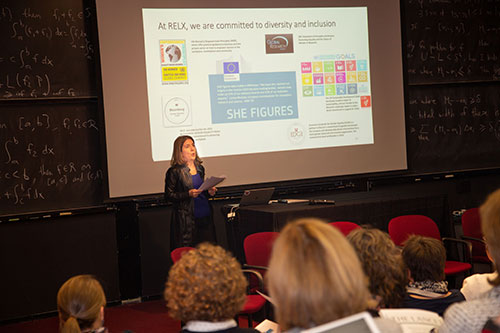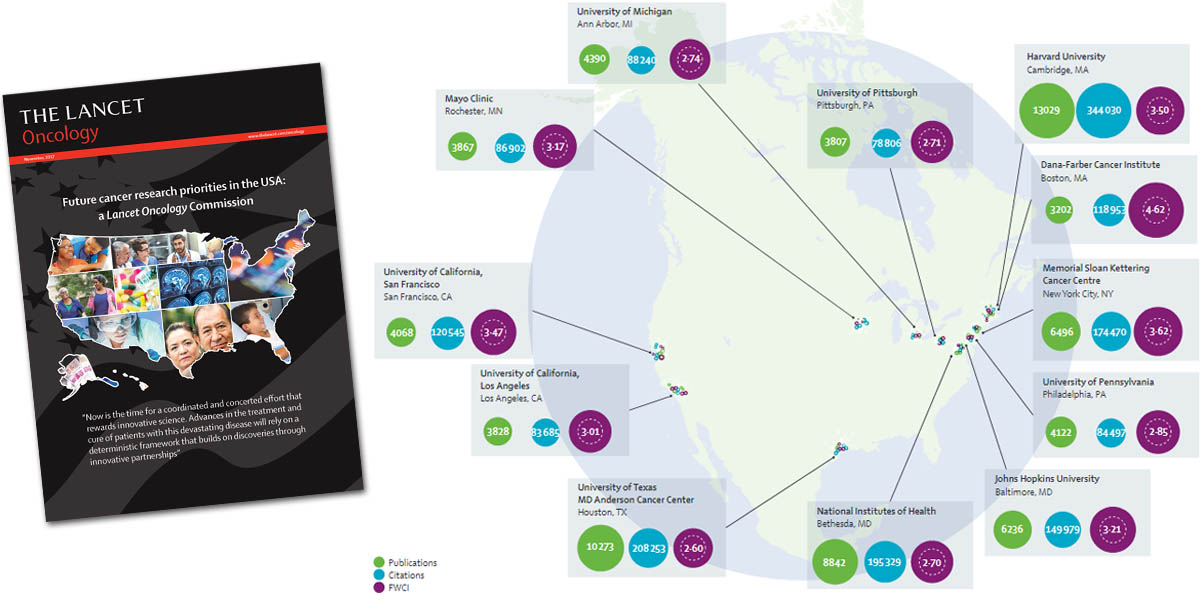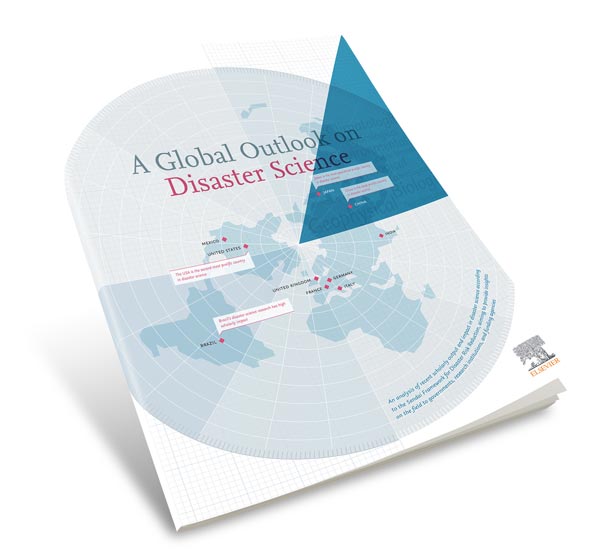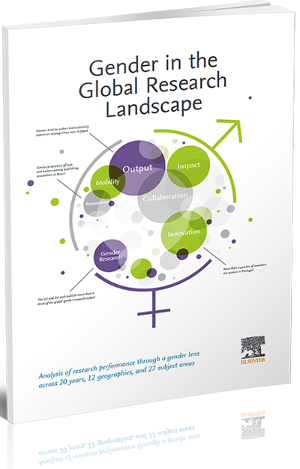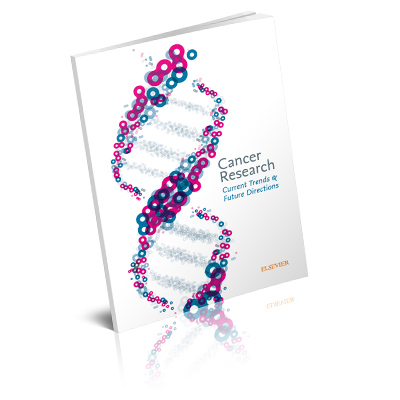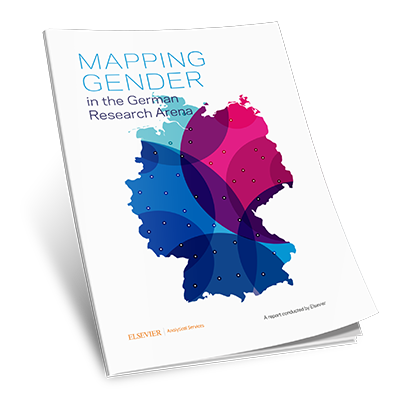Elsevier,
The Lancet, Volume 393, Issue 10171, 9–15 February 2019, Pages 512-514.
Directly contributing to SDG 10 (reduced inequalities), SDG 5 (gender equality) and SDG 4 (quality education), this report investigates sexual harassment incidents within academia and discusses the uprising of online naming and shaming of sexual harassment culprits.
Elsevier,
The Lancet, Volume 392, Issue 10163, 8–14 December 2018, Pages 2479-2514.
The 2018 Lancet Countdown report directly contributes to SDG 13 (climate action), SDG 3 (good health and well-being) and SDG 9 (industry, innovation and infrastructure). The report indicates that climate change is the biggest global health threat of the 21st century. Stressing the need for governments to focus on decarbonising economies, in order to reduce rates of cardiovascular and respiratory disease, and reduce risk factors linked to infectious disease and mental illness.
Elsevier,
The Lancet, Volume 391, Issue 10140, 9 May 2018, Pages 2642-2692
In support of SDGs 3 and 5, this Lancet Commission report presents a comprehensive agenda for global, regional, and national progress on sexual and reproductive health and rights (SRHR), up to 2030 and beyond. The report highlights why recognition of, and investment in, SRHR is pivotal to shaping future economic development and environmental sustainability, and proposes an essential package of SRHR services that should be universally available to all individuals who need them.
Elsevier,
Lancet Oncology Commission, November 2017
The report is authored by over 50 leading oncologists, including members of leading US cancer organizations, and sets out 13 key priority areas, each with measurable goals, to focus the $2 billion of funding released to the National Cancer Institute (NCI) as part of the 21st Century Cures Act. The report sets out a detailed road map to deliver on the Blue Ribbon Panel recommendations, including a focus on prevention, a new model for drug discovery and development, a vast expansion of patient access to clinical trials, and an emphasis on targeted interventions to improve cancer care for underserved groups, specifically children, cancer survivors and minority groups.
Elsevier,
November 2017
Despite loss of life and economic devastation worldwide due to increasingly frequent natural and man-made disasters, scientific research on disasters represents a small percentage of scholarly output. Furthermore, countries with the highest death tolls from disasters tend to be low-income countries and have low-levels of scholarly output overall and in disaster science; countries with higher research output overall, as well as in disaster science, tend to be high-income countries and sustain the greatest economic losses from disasters. This report advances SDG 11 target 5, which is specifically concerned with disaster risk reduction.
Elsevier,
28 June 2017
Elsevier published Sustainability Science in a Global Landscape which analysed the sustainability science research according to six themes: Dignity, People, Prosperity, Planet, Justice, and Partnership. Key data has since been updated covering 2011 to 2015 for the top 15 countries in sustainability science output.
Elsevier,
March 2017
Elsevier's Gender Report importantly supports SDG 5 - gender equality - by applying a gender lens to the field of science and research. It examines the proportion of female researchers and inventors in twelve countries, the fields women tend to specialise in and whether women or men publish more articles. This report provides sound data for understanding the role of gender within the structure of the global research landscape.
Elsevier,
Research Intelligence, August 2016
With this report, Elsevier aims to benchmark and map out the global landscape of cancer research to provide helpful new insights. Along with other materials, this benchmark report will offer the research community, pubic, policymakers and research funding organizations information on the current state of cancer related research. We hope this report will be used to inform the development of new operational approaches, priorities, policies and funding strategies to produce new knowledge that will address key challenges related to cancer in the most effective, efficient and impactful way possible.
Elsevier,
27 October 2015
This Elsevier report provides evidence and analysis on potential gender gaps in science research in Germany by linking data from Scopus to data from a large online social networking service. This type of analysis is vital for advancing SDG 5.2 to end all forms of discrimination against all women and girls everywhere.
